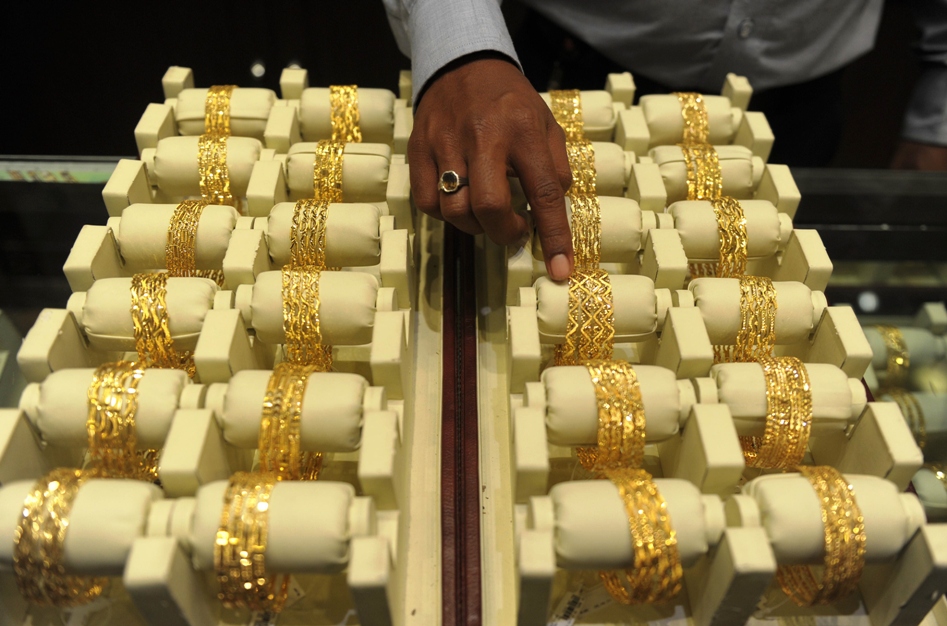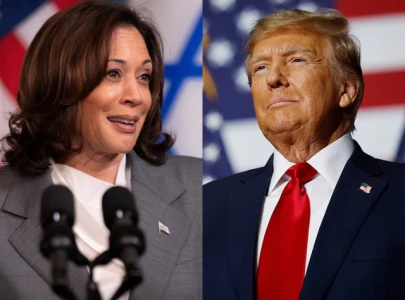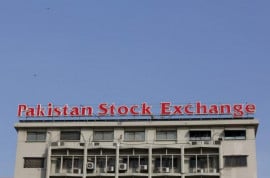
Prime Minister Shehbaz Sharif has expressed his annoyance at being bypassed by the Federal Board of Revenue (FBR), which proposed the grant of tax concessions on gold, silver and jewellery, and has turned down the planned reduction in taxes.
The premier decided to put all jewellers under the tier-1 retailer category and connect their Points of Sale (POS) with the FBR’s system.
The prime minister expressed his dismay as the proposed reduction in general sales tax on gold, silver and jewellery was not discussed with him during earlier briefings on the budget for fiscal year 2022-23.
He also opposed the idea of granting tax concessions on luxury items in the current difficult times when the issue came up for discussion in a recent meeting of the cabinet.
Finance and revenue minister explained that those proposals were added later, aimed at curbing smuggling. However, a majority of the cabinet members agreed that the reduction in sales tax on gold, silver and jewellery was inappropriate.
The matter of increasing sales tax on fertiliser and its inputs was also taken up. The cabinet members, while noticing that the fertiliser industry was not passing on the benefit of subsidy to farmers, observed that unless a robust mechanism was developed for giving direct subsidy to the farmers, the sales tax should not be raised as it would result in an immediate increase in fertiliser prices.
Regarding the proposal to jack up the federal excise duty (FED) on cigarettes, the prime minister desired that the duty on cigarettes manufactured by the unorganised sector should also be increased to bring it on a par with the formal sector.
He stressed that it was the responsibility of the FBR to bring the entire informal industry into the tax fold by applying the track and trace system.
The finance minister told the meeting that it was a gradual process and requested that the FED should be approved as proposed. He emphasised that the total increase in revenue from the move would be Rs50 billion instead of the indicated Rs10 billion.
A cabinet member highlighted the need for fulfilling the obligations to the International Monetary Fund (IMF), which would pave the way for the resumption of loan programme.
He contended that half-hearted measures would, on the one hand, damage Pakistan’s credibility and compound the economic difficulties, while, on the other, they would increase the inflationary burden on the people.
He pointed out that friendly countries, despite their own economic problems, were willing to help Pakistan but were waiting for the outcome of negotiations with the IMF.
The prime minister, while agreeing with the necessity of restoring Pakistan’s financial credibility with the donors and international financial institutions (IFIs), underscored the need to strike a balance between meeting the obligations to the IMF and the resultant inflationary burden on the people.
On the FBR’s proposal that the existing income tax on the profits of banks be increased from 39% to 42%, the cabinet gave directives that it should be enhanced to 45%.
It was agreed to boost agricultural productivity and for achieving the objective, sales tax exemption be granted on the agricultural implements.
PM Sharif turned down the proposed increase in taxes on the fertiliser sector in the FY23 budget to keep prices at lower levels.
The FBR proposed an increase in general sales tax on the supply of natural gas to fertiliser manufacturers from 5% to 10%.
It also proposed increase in sales tax on phosphoric acid if imported by a fertiliser company for manufacturing di-ammonium phosphate (DAP) from 5% to 10%. It proposed increase in sales tax rate for all types of fertilisers from 2% to 10%. The FBR projected revenue collection of Rs41 billion following those measures.
Published in The Express Tribune, June 26th, 2022.
Like Business on Facebook, follow @TribuneBiz on Twitter to stay informed and join in the conversation.
















1730706072-0/Copy-of-Untitled-(2)1730706072-0-270x192.webp)
COMMENTS
Comments are moderated and generally will be posted if they are on-topic and not abusive.
For more information, please see our Comments FAQ